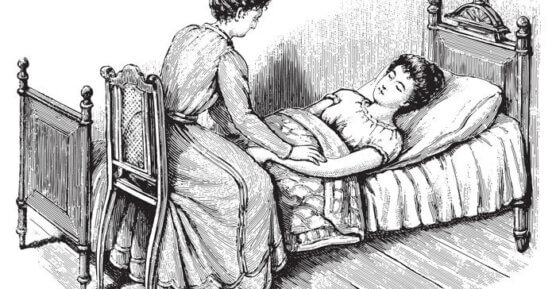
Page contents
There are many reasons why people need extra care and support in their home, from old age and physical disability to dementia and sensory impairment. This page contains the most up-to-date home care facts and stats for the UK, including:
- The number of people receiving home care
- The number of home care providers/agencies
- The number of care workers providing domiciliary care
How many home care providers are there in the UK?
There are over 13,000 home care providers in the UK which are registered and regulated by their country’s regulatory body, such as the CQC in England.
- England: 12,266
- Wales: 392
- Scotland: 783
- Northern Ireland: 90
- UK total: 13,531
Figures correct as of 25 September 2025. Data gathered from homecare.co.uk which lists all home care providers registered with their country’s regulatory body.
How many people receive home care | Facts and stats
The number of people receiving domiciliary care in the UK is more than 950,000*.
- England: 818,000 (2021/22) – source: NHS Digital
- Wales: 28,596 (2018/19) – source: StatsWales
- Scotland: 89,620 (2022/23) – source: Public Health Scotland
- Northern Ireland: 23,248 (2023) – source: Department of Health
- UK total: 959,464
*There is no UK-wide dataset as each country is responsible for its own data collection. This means there are discrepancies in the ways data is collected and reported. The above figures should be viewed as estimates.
How many people work in home care?
The UK domiciliary care workforce totals nearly 809,000*.
- England: 700,000 (2022/23) – source: Skills for Care
- Wales: 19,571 (2022) – source: Social Care Wales
- Scotland: 74,620 (2022) – source: Scottish Social Services Council
- Northern Ireland: 14,439 (2021) – source: Department of Health
- UK total: 808,630
*There is no UK-wide dataset as each country is responsible for its own data collection. This means there are discrepancies in the ways data is collected and reported. The above figures should be viewed as estimates.
UK home care forecast
In the years to come, the demand for adult social care is projected to increase significantly, largely due to the UK’s ageing population.
The Department of Health & Social Care (DHSC) predicts that 57 per cent more adults aged 65 and over in England will require care in 2038 compared to 2018.
Despite this, Homecare Association’s 2023 workforce survey found that over 50 per cent of homecare providers reported that they are delivering less care compared to the same time last year, despite there being an increase in demand for homecare.
This is largely due to a struggling workforce, including people leaving the sector to retire or reskill, or moving to a different role within the social care sector.
Stats from Skills for Care show that although the homecare workforce grew by 1 per cent between 2022-23, there were still 152,000 vacancies. During the same period, 390,000 people left their roles and the number of people leaving the sector is expected to increase over the next 10 years due to the increasing age of the workforce. The organisation estimates that an extra 480,000 people need to be working in social care by 2035 to keep pace with demand.


